Would you believe that your playlist might hold the secret to your cat’s happiness? Imagine your anxious kitty, wide-eyed and twitchy-tailed, suddenly relaxing as soft melodies fill the room. It almost sounds like magic, but recent studies and real-life stories are pointing to something fascinating: music might be the gentle hero our feline friends desperately need. For cat lovers everywhere, the idea that music could calm a stressed-out cat is both surprising and deeply hopeful. If you’ve ever watched your furry companion hide under the bed during a thunderstorm or pace nervously at the sound of the vacuum, this could be the comforting answer you didn’t know you were searching for.
Understanding Cat Stress: Why Are Our Felines Anxious?

Cats can seem mysterious, but their stress is often very real. Sometimes, it’s obvious—a sudden move, a new pet, or even a loud noise can send your cat running for cover. Other times, their anxiety sneaks in quietly, showing up as over-grooming, refusing to eat, or hiding away. Cats are creatures of habit and thrive on routine. When their environment changes or feels unpredictable, their stress levels soar. It’s heartbreaking to see a normally playful cat acting withdrawn, and it can leave pet owners feeling helpless. Understanding what triggers feline stress is the first step in helping them feel safe and loved, and it sets the stage for exploring new solutions—like music.
The Science Behind Feline Ears: What Do Cats Really Hear?

Cats have incredible hearing—far beyond what we humans can pick up. While people hear sounds up to about 20,000 Hz, cats can detect frequencies as high as 64,000 Hz. This superpower helps them in the wild but also means they’re sensitive to everyday household sounds we might not even notice. A sudden clank or high-pitched whine can be startling or even painful to their delicate ears. This sensitivity also means that the type of music—or any sound—you play matters a lot. Understanding how your cat experiences the world sonically is essential if you want to help soothe their nerves with sound.
Why Music? The Surprising Link Between Sound and Emotion

Music has long been known to affect human emotions, from making us cry during a sad song to pumping us up with a fast-paced beat. But what about cats? It turns out, animals are also deeply influenced by sound. Certain rhythms and melodies can lower heart rates and create a sense of calm in both people and pets. Recent research has shown that some animals, including cats, respond positively to gentle, soothing music. It’s not just wishful thinking—music can actually help quiet the mind and ease anxiety for our feline friends.
What Types of Music Work Best for Cats?
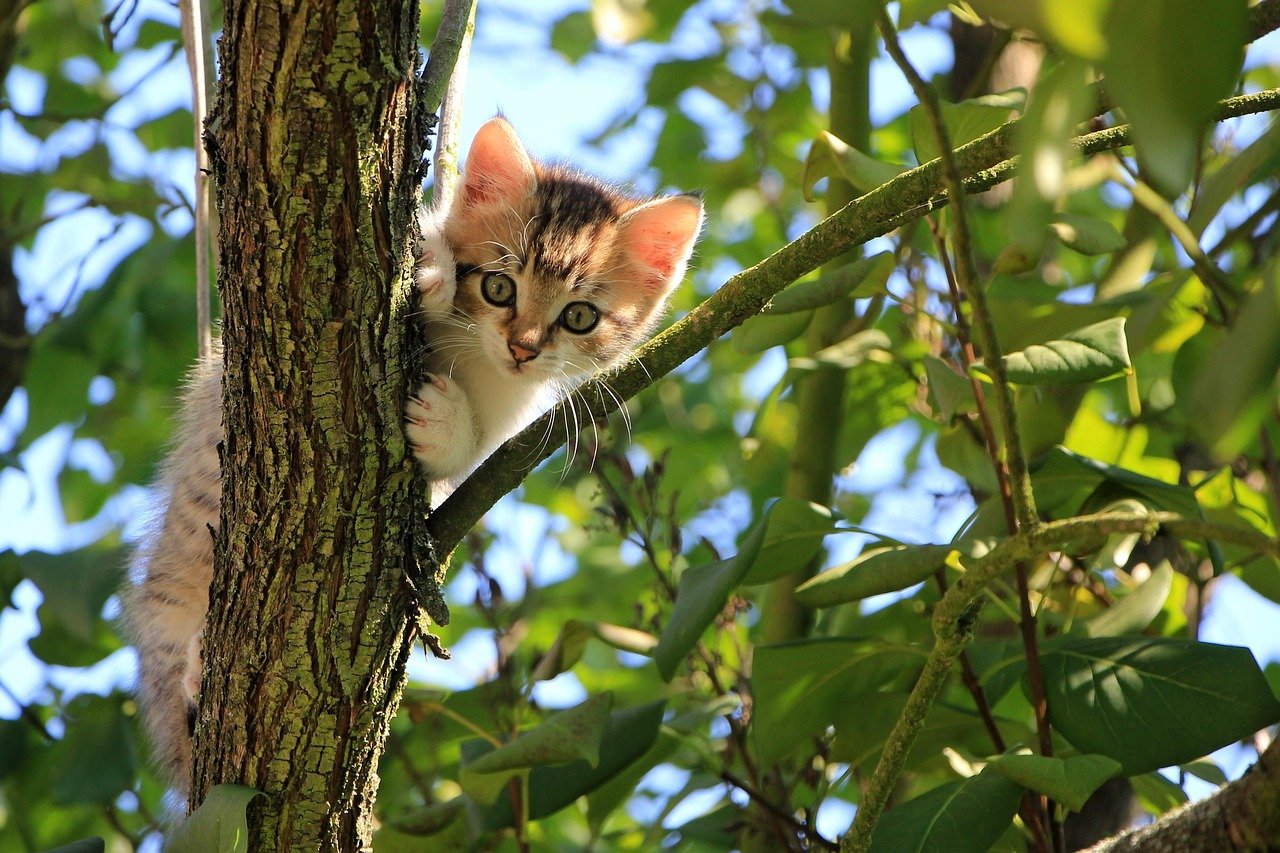
Not all music is created equal when it comes to cats. Classical music, especially pieces with slow tempos and soft instruments, has been shown to have a calming effect. Some composers have even created music specifically for cats, using tempos and frequencies that mimic purring or natural feline sounds. Heavy metal or loud, jarring tunes are almost always a bad idea—those can stress your cat out even more. Gentle piano, harp, and flute melodies seem to work best, especially if played at a low volume. The goal is to create a peaceful environment, not a concert hall.
How Do Cats React to Different Genres?

If you’re wondering whether your cat would prefer Beethoven or Billie Eilish, you’re not alone. Cats tend to relax most to classical and ambient music, which have smooth, flowing melodies and predictable rhythms. Jazz can be hit or miss—sometimes the unexpected changes in tempo can be startling. Pop and rock, with their louder beats, often have little to no effect, or might even agitate sensitive cats. Every cat has its own personality, though, so it can be fun—and enlightening—to experiment with different genres to see what your feline friend prefers.
Real-Life Stories: Cat Owners Share Their Experiences
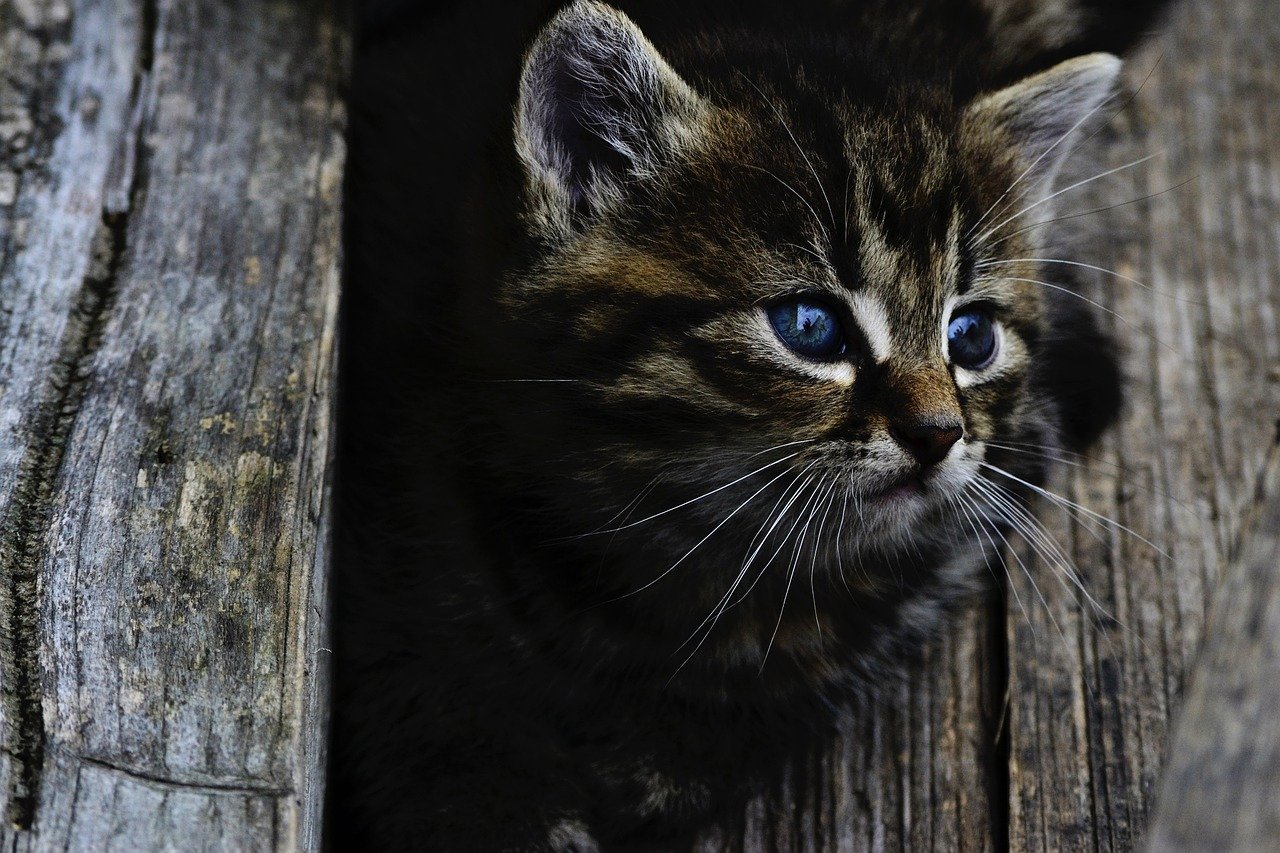
Many cat owners swear by the soothing power of music. One pet parent described how her anxious rescue cat would only come out from under the couch when soft piano music was playing. Another found that playing harp music helped calm her hyperactive kitten during thunderstorms. There are even viral videos of cats curling up next to speakers, purring contentedly as gentle melodies play. These stories highlight the potential of music as a simple, non-invasive way to help cats feel safe and comfortable in their own homes.
The Role of Cat-Specific Music: Tailored Tunes for Felines

In recent years, musicians and scientists have teamed up to create music specifically for cats. These songs use tempos, pitches, and patterns that mimic natural feline vocalizations—like purring or suckling. The results have been impressive: in controlled studies, many cats showed greater interest and relaxation when listening to these compositions compared to standard human music. This cat-tailored approach is gaining popularity, with entire playlists and albums now available for curious cat owners to try.
Tips for Introducing Music to Your Cat
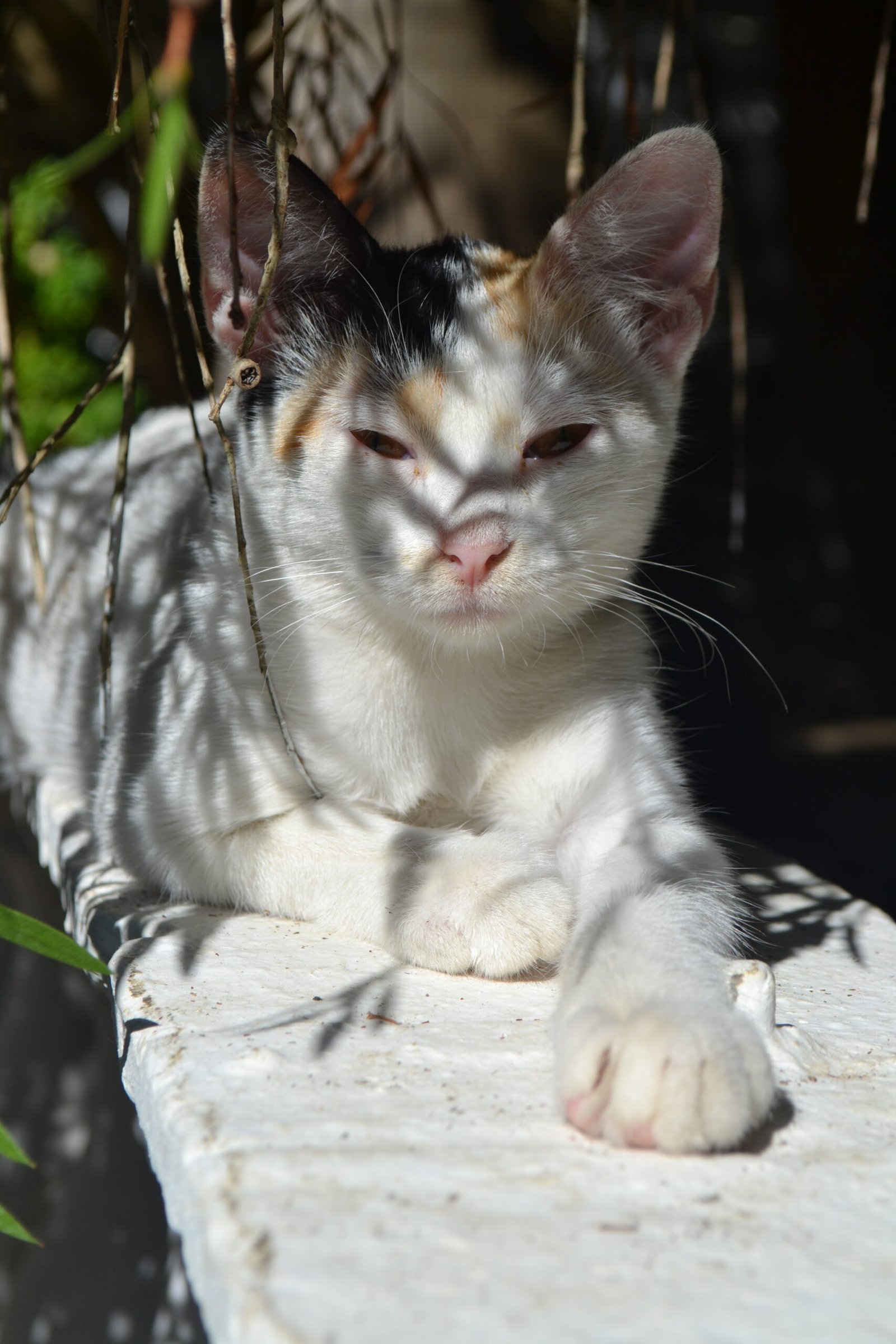
Introducing your cat to music should be a gentle process. Start by playing soft music at a low volume while your cat is in a relaxed state. Watch their body language closely; if they seem interested or calm, that’s a good sign. Avoid playing music too loudly or suddenly, as this can startle them. If your cat begins to associate certain melodies with positive experiences—like cuddle time or treats—they may start to seek out those sounds when they want comfort. Take it slow and be patient; every cat reacts differently.
How Long Should You Play Music for Your Cat?

It’s tempting to leave music on all day for your cat, but moderation is key. Too much stimulation, even from calming sounds, can become overwhelming. Experts suggest starting with short sessions—perhaps 15 to 30 minutes at a time—and observing your cat’s reaction. Some cats might benefit from music during specific stressful events, like vet visits or thunderstorms, while others may enjoy a daily dose of soothing sounds during nap time. Watch for signs that your cat is relaxed, such as slow blinking, kneading, or gentle purring.
Signs That Music Is Helping Your Cat

You’ll know music is working if your cat shows clear signs of relaxation. Look for soft, slow blinks, a loose and stretched-out body, or gentle purring. Some cats may even fall asleep or snuggle closer to the speaker. If your cat seems more social or less jumpy during storms or when guests are over, the music could be making a difference. On the other hand, if your cat hides or seems agitated, try a different genre or lower the volume. The key is to pay attention to their unique cues.
What If My Cat Doesn’t Like Music?

Not every cat will become a music lover, and that’s perfectly okay. Some felines are more sensitive to noise and prefer silence or natural sounds, like birds chirping or leaves rustling. If your cat shows signs of stress—flattened ears, wide eyes, or rapid tail movements—when you play music, it’s best to turn it off and try another calming method. Remember, every cat is an individual, and what works for one may not work for another. The goal is to make your cat feel comfortable, not to force a new routine.
Combining Music With Other Calming Techniques
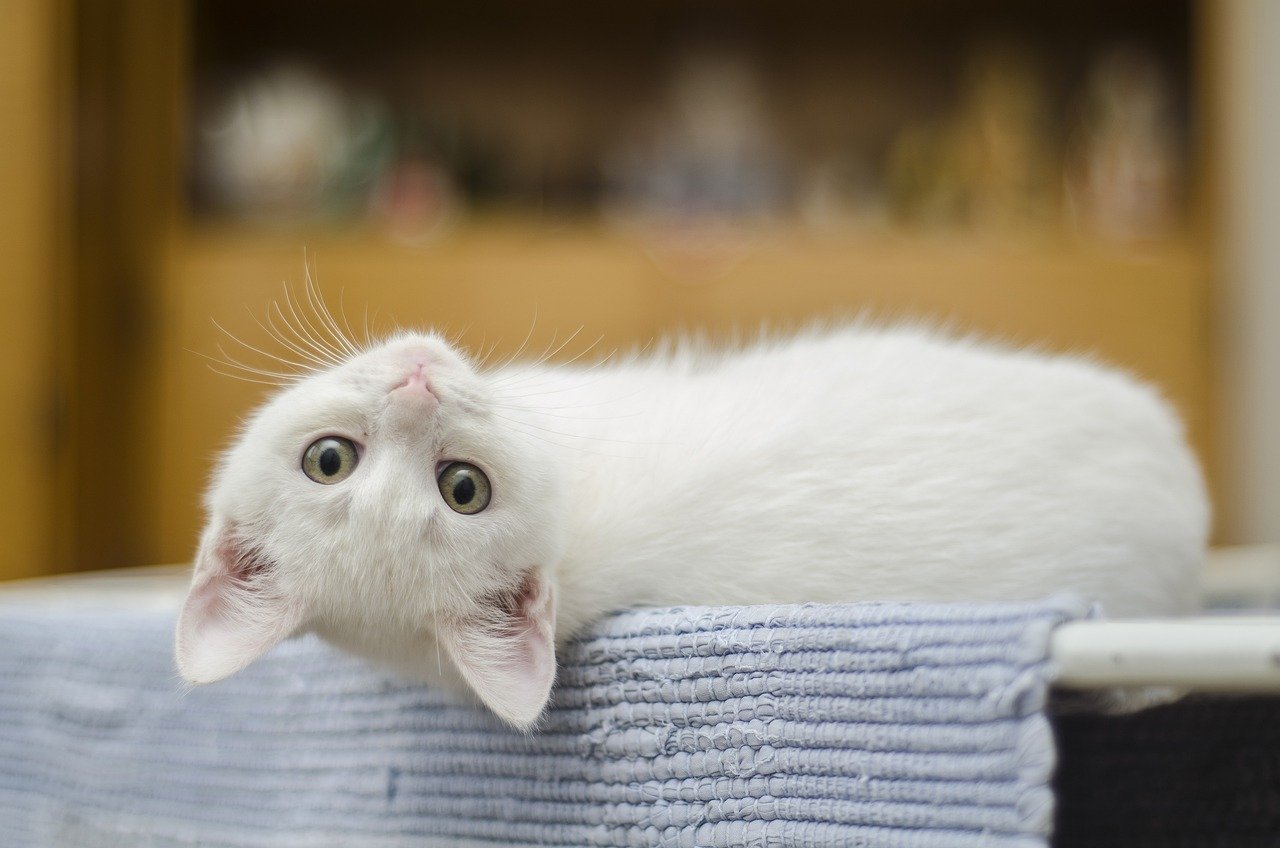
Music can be even more effective when combined with other stress-reducing strategies. Creating a cozy, quiet space, providing familiar scents, and sticking to a predictable routine all help reinforce a sense of security. Some cat owners use pheromone diffusers or calming sprays alongside music to boost the relaxing effect. Interactive playtime and gentle petting, when your cat is in the mood, can also help burn off nervous energy. Think of music as one tool in a larger toolkit for feline well-being.
Can Music Help With Separation Anxiety?
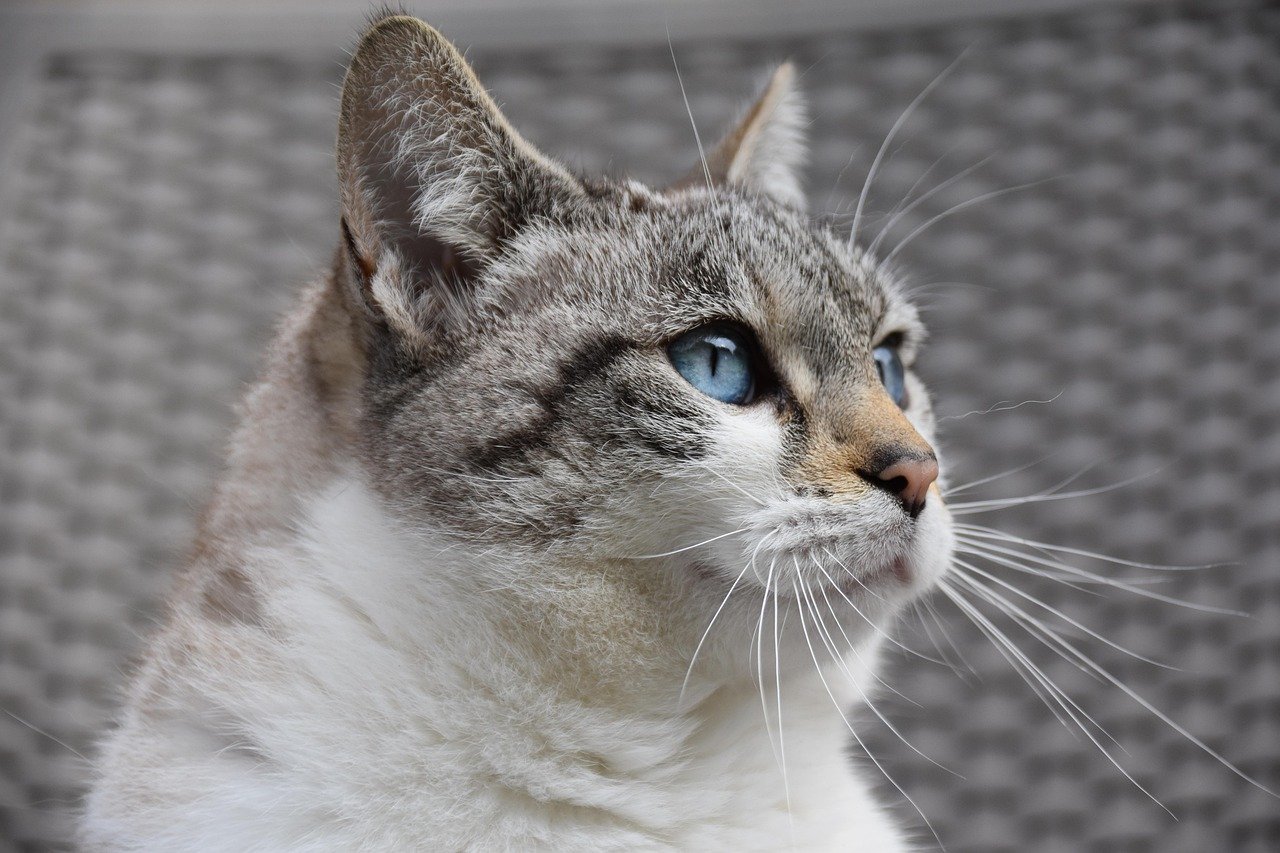
Separation anxiety is a real concern for many cats, especially those who are left alone for long periods. Music can provide a sense of companionship and consistency, making the absence of their favorite human a little less stressful. Playing familiar tunes while you’re away can help mask outside noises and create a comforting atmosphere. Some cat owners leave on a special playlist as a “security blanket” for their pets, and report fewer anxious behaviors—like destructive scratching or excessive meowing—when they return home.
Music in Animal Shelters: Making a Difference for Rescue Cats
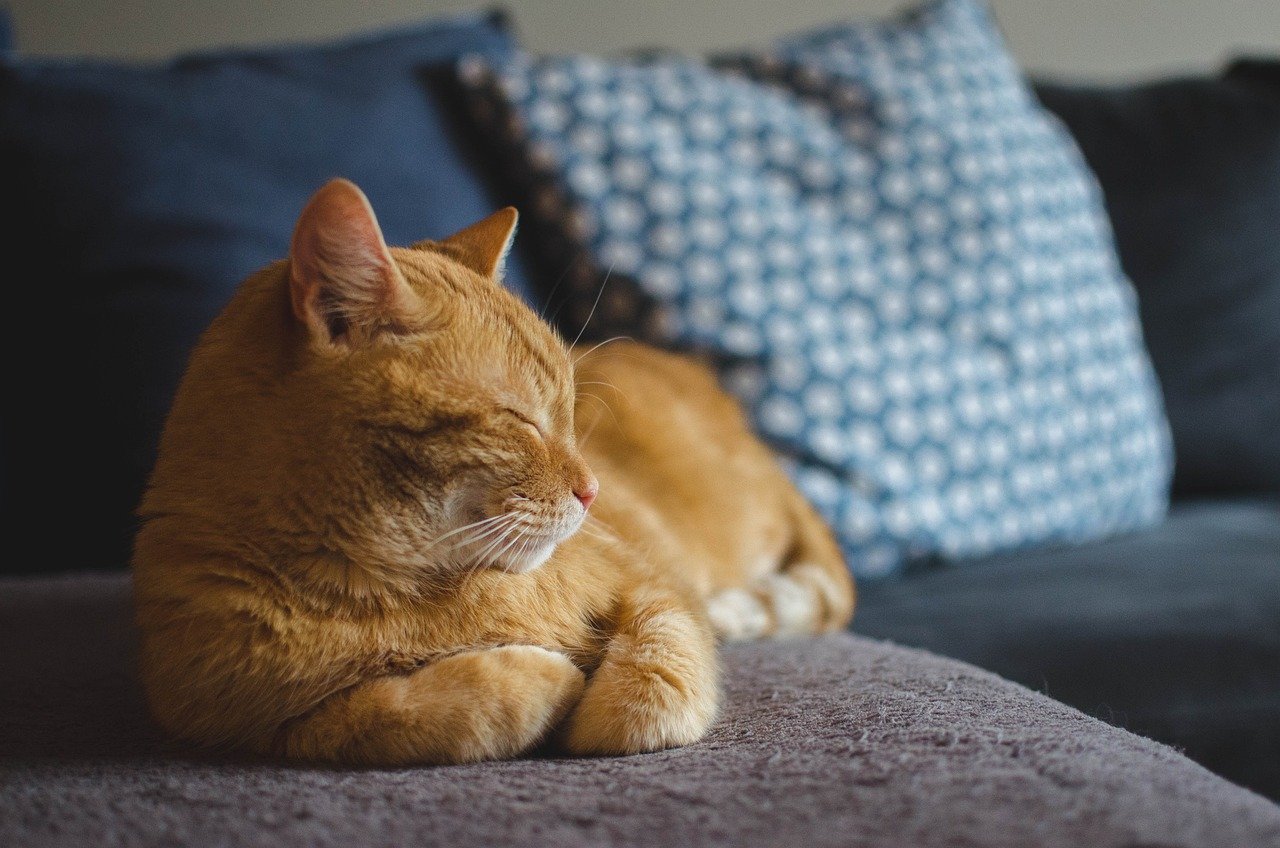
Many animal shelters have started using music to help stressed and scared cats settle in. The unfamiliar sights, smells, and sounds of a shelter can be overwhelming. Soft, soothing music has been shown to reduce stress indicators, like hiding and aggression, and make cats more likely to approach visitors. Happier, calmer cats are also more likely to be adopted. Music isn’t a cure-all, but it’s a simple, affordable way shelters can make life a little gentler for their feline residents.
Is There a Downside to Playing Music for Cats?

While most cats respond positively to soothing music, there are a few things to watch out for. Loud or jarring music can be stressful or even harmful to those sensitive feline ears. Overstimulation is also a risk—too much sound, even if it’s calming, can be overwhelming in large doses. It’s important to watch for negative reactions and give your cat plenty of quiet time, too. Just like people, cats need a balance of stimulation and silence to feel their best.
How to Create the Perfect Cat Music Playlist
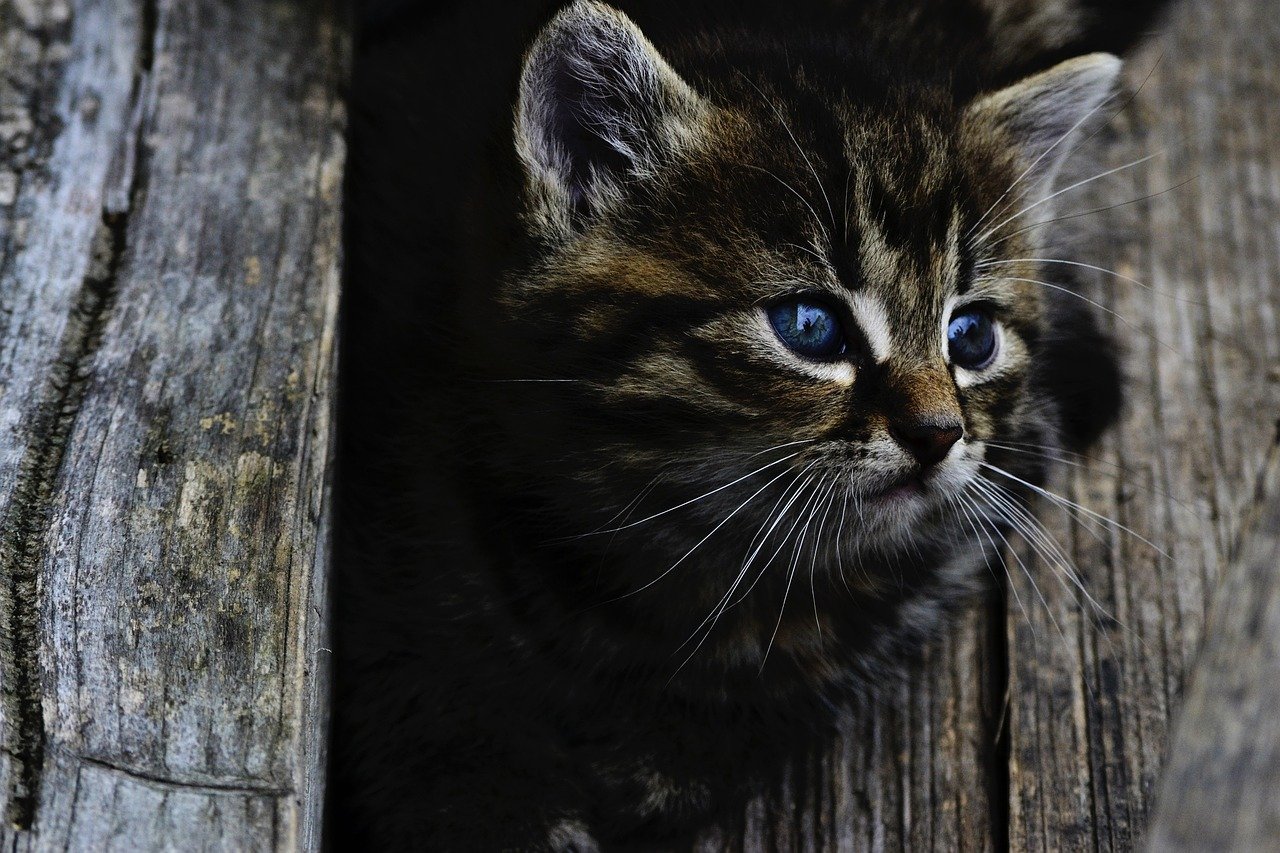
Building a playlist for your cat can be a fun experiment. Start with classical pieces or tracks specifically designed for cats. Avoid anything with sudden changes, loud instruments, or complex rhythms. You can also mix in nature sounds, like gentle rain or birdsong, for added comfort. Many streaming services now offer “cat music” playlists, making it easy to try different options. The key is to pay attention to what your cat seems to enjoy, and tweak your playlist accordingly.
Does Age or Personality Affect a Cat’s Response to Music?

Just like people, cats have unique personalities that influence how they respond to music. Kittens might be more curious and willing to explore new sounds, while older cats could be set in their ways and prefer silence. Shy or anxious cats may benefit most from calming melodies, whereas bold, confident cats might not care either way. It’s also possible that a cat’s hearing changes with age, altering their sensitivity to certain frequencies. The best approach is to observe your cat’s behavior and adjust your musical offerings as needed.
Should You Play Music for Your Cat All the Time?

It’s tempting to keep the tunes going nonstop, especially if you think it keeps your cat happy. But, like all good things, moderation is important. Cats need periods of peace and quiet just as much as they need comfort. Too much background noise can become just another form of stress. Try using music strategically—during thunderstorms, when guests visit, or while you’re away. Watch for signs that your cat is enjoying the experience, and give them plenty of quiet breaks.
Can Music Help With Other Cat Behavior Problems?
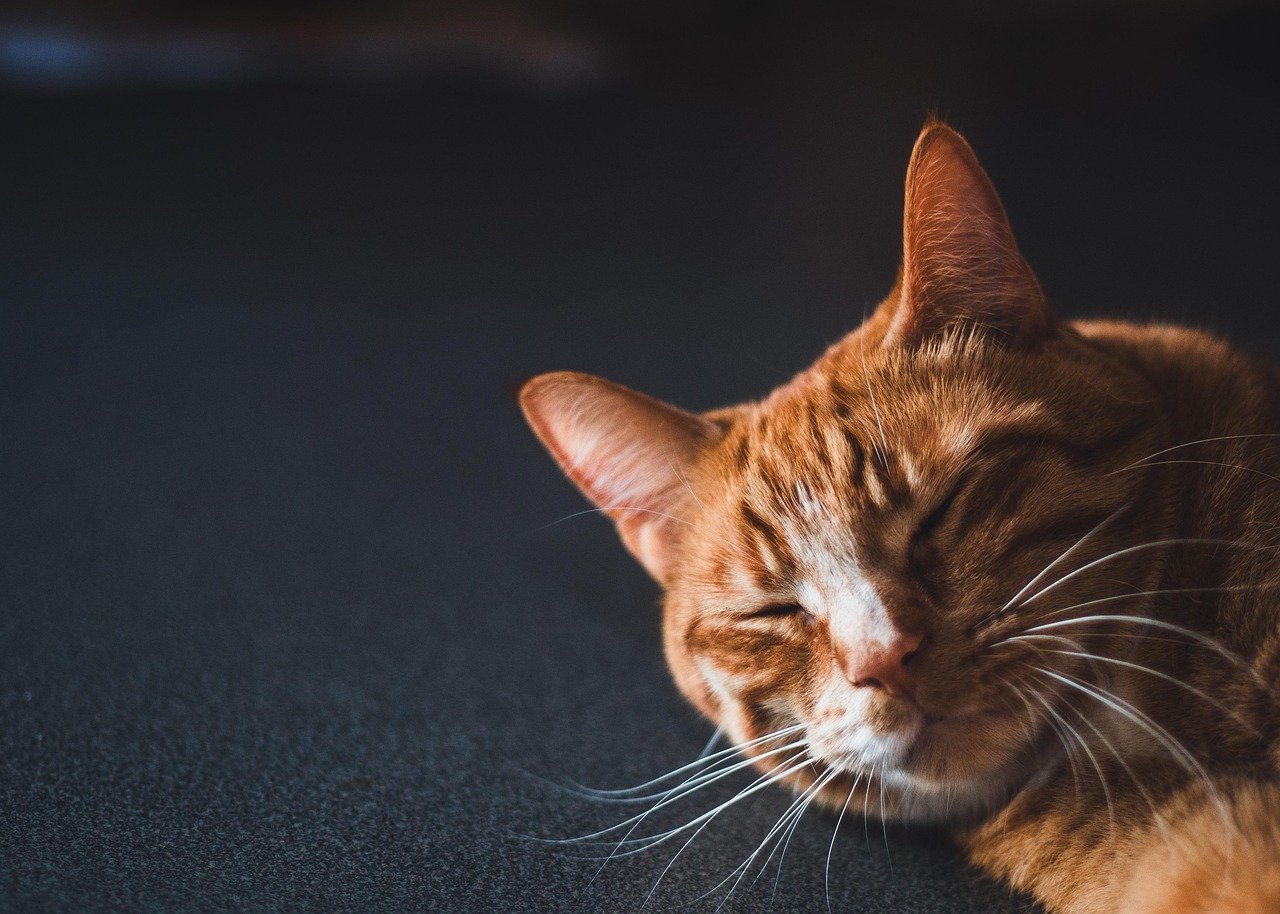
Music isn’t just for anxiety—it can also help with other behavior issues. Some cat owners use calming tunes to reduce aggression between pets, or to help a new cat adjust to a household. Music can provide a distraction during stressful events, like fireworks or trips to the vet. While it’s not a replacement for medical care or behavior training, it can be a useful part of a holistic approach to feline health. Every little bit helps when it comes to making our cats feel safe and loved.
The Future of Feline Music Therapy

As our understanding of cat behavior grows, so does the potential for music therapy. Researchers are continuing to explore which sounds are most effective, and new apps and devices are being developed to deliver cat-friendly music at home. Some veterinarians are even recommending music as part of a comprehensive stress reduction plan. The field is evolving, and what we know now might be just the beginning. For cat lovers, the idea that simple melodies can make such a big difference is both inspiring and a little bit magical.

Linnea is a born and bred Swede but spends as much time as possible in Cape Town, South Africa. This is mainly due to Cape Town’s extraordinary scenery, wildlife, and atmosphere (in other words, because Cape Town is heaven on earth.) That being said, Sweden’s majestic forests forever hold a special place in her heart. Linnea spends as much time as she can close to the ocean collecting sea shells or in the park admiring puppies.






